To communicate the truths of history is an act of hope for the future
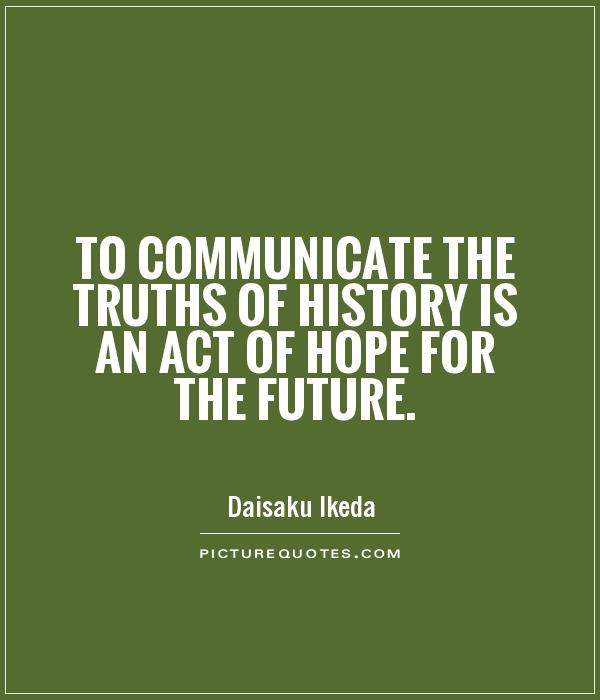
To communicate the truths of history is an act of hope for the future
Daisaku Ikeda, a renowned Buddhist philosopher, educator, and peace activist, has often emphasized the importance of communicating the truths of history as an act of hope for the future. In his teachings, Ikeda stresses the significance of learning from the past in order to create a better future for humanity. By understanding the mistakes and triumphs of previous generations, we can work towards building a more peaceful and harmonious world.Ikeda believes that history is not just a collection of facts and events, but a powerful tool for shaping our collective consciousness and guiding our actions. By studying history, we can gain valuable insights into the complexities of human nature, the consequences of our actions, and the potential for positive change. Through the stories of individuals who have overcome adversity, fought for justice, and inspired others to do the same, we can find hope and inspiration for our own struggles.
Moreover, Ikeda argues that by communicating the truths of history, we can challenge misconceptions, combat ignorance, and promote understanding among different cultures and societies. By acknowledging the injustices and atrocities of the past, we can work towards reconciliation, healing, and forgiveness. By celebrating the achievements and contributions of diverse peoples and cultures, we can foster a sense of unity and solidarity that transcends borders and boundaries.
In a world plagued by conflict, inequality, and environmental degradation, Ikeda's message of hope through the communication of history is more relevant than ever. By learning from the mistakes of the past, we can avoid repeating them in the future. By honoring the struggles and sacrifices of those who came before us, we can build a more just and compassionate society for generations to come.
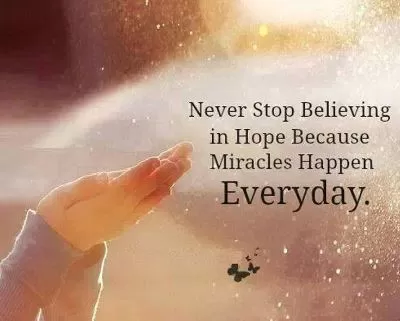

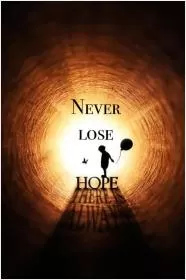



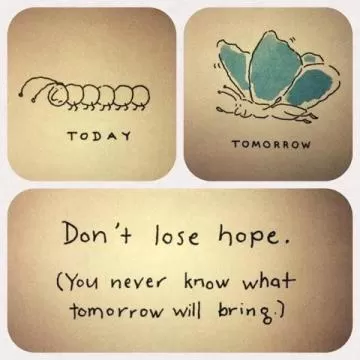
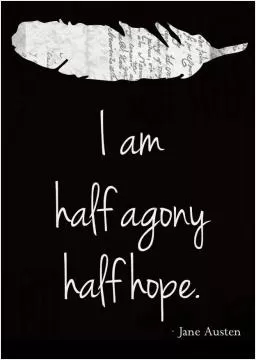
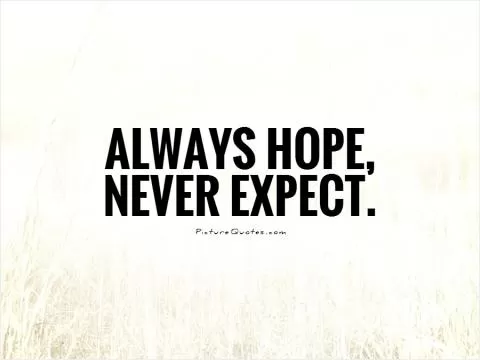


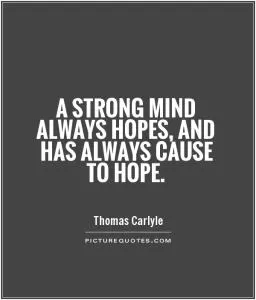
 Friendship Quotes
Friendship Quotes Love Quotes
Love Quotes Life Quotes
Life Quotes Funny Quotes
Funny Quotes Motivational Quotes
Motivational Quotes Inspirational Quotes
Inspirational Quotes